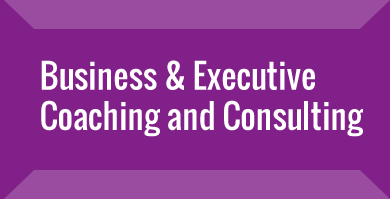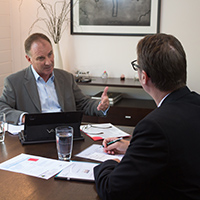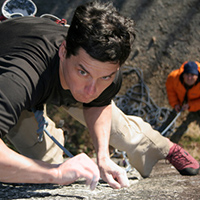Frameworks of reference are ways to describe our brains’ processes when making a decision: knowing those frameworks allows us to shift our focus on the process we need the most or to quickly identify what tool can give us the best results and why.
Knowing those frameworks will not make your decisions better. It will help you use your decision-making skills at their best to get you to your goal.
OODA Loops:
In the shortest way possible: the faster you go through an OODA loop and iterate it, the better and more informed your decision will be and the more effective it will be against your competitor.
Observe:
Take a step back and look at what’s going on.
In other words, what information can you gather from your environment? What information can you gather from the decisions you have already made?
Orient:
Out of billions of human beings on the planet, how do you react to the information you observed and process it?
Orient is the core phase of the OODA Loop; being that it’s also the longest one to build as it can’t be applied on a one-time basis.
The way you orient yourself in decision-making is a reflection of yourself; of what you studied, learned, processed and experienced.
Decide:
Once you make a decision on the basis of your orientation phase, you need to evaluate the consequences of that decision and the changes it creates in your environment.
Act:
In the Act phase, we test if our mental models are correct by implementing them. If they are, we have successfully completed a loop before our opponent and can start the next one. If they are not, we need to feed the information we have derived from this into our Observe phase and restart the loop.
Unless you are able to iterate the OODA Loop at a faster pace than competitors, you will not be able to get the upper hand, because their decision will throw a new variable in your Observe phase, and your loop will need to be reset—your goal is to reset theirs.
Reference: Edoardo Binda Zane: “Effective Decision-Making: How To Make Better Decisions Under Uncertainty And Pressure”



























